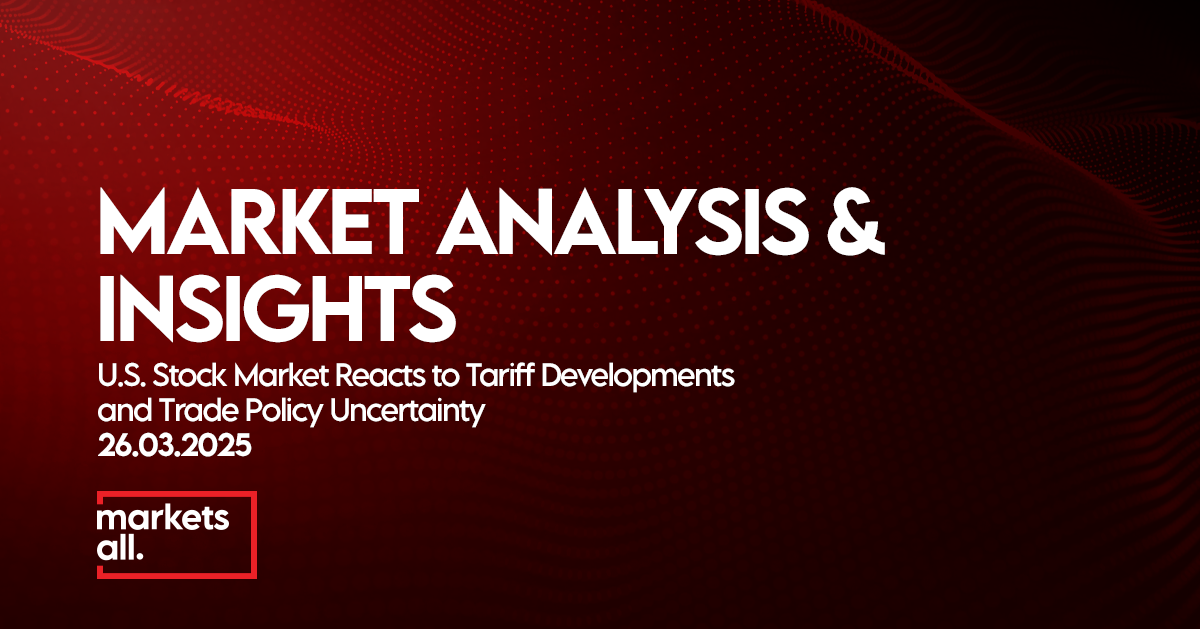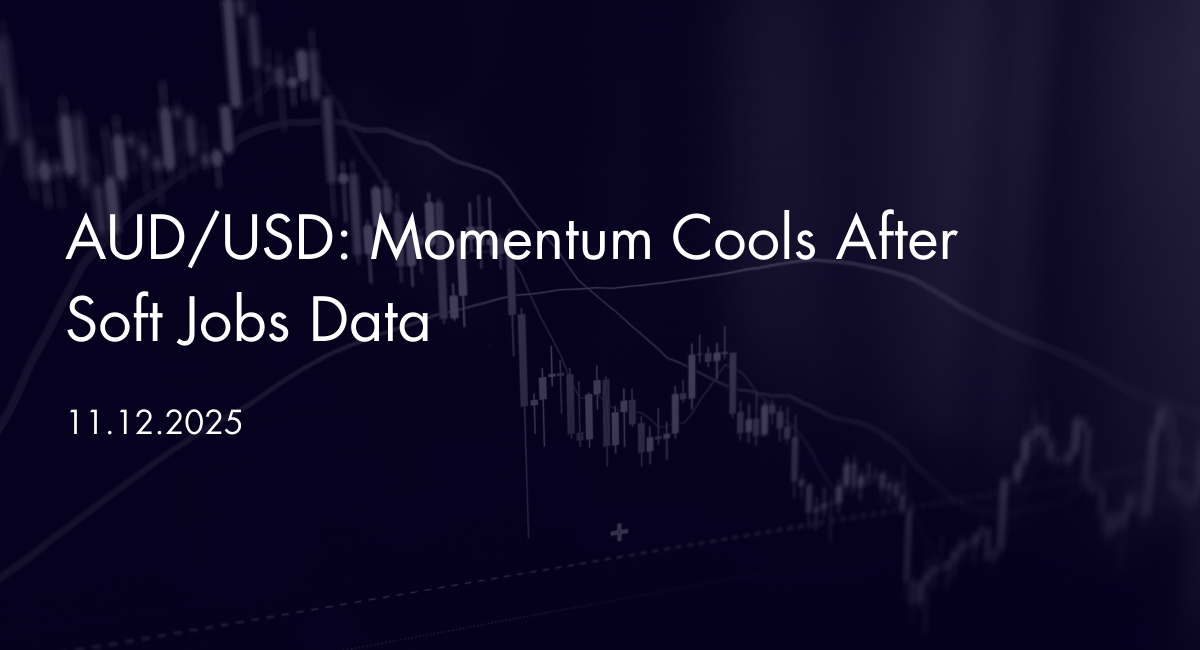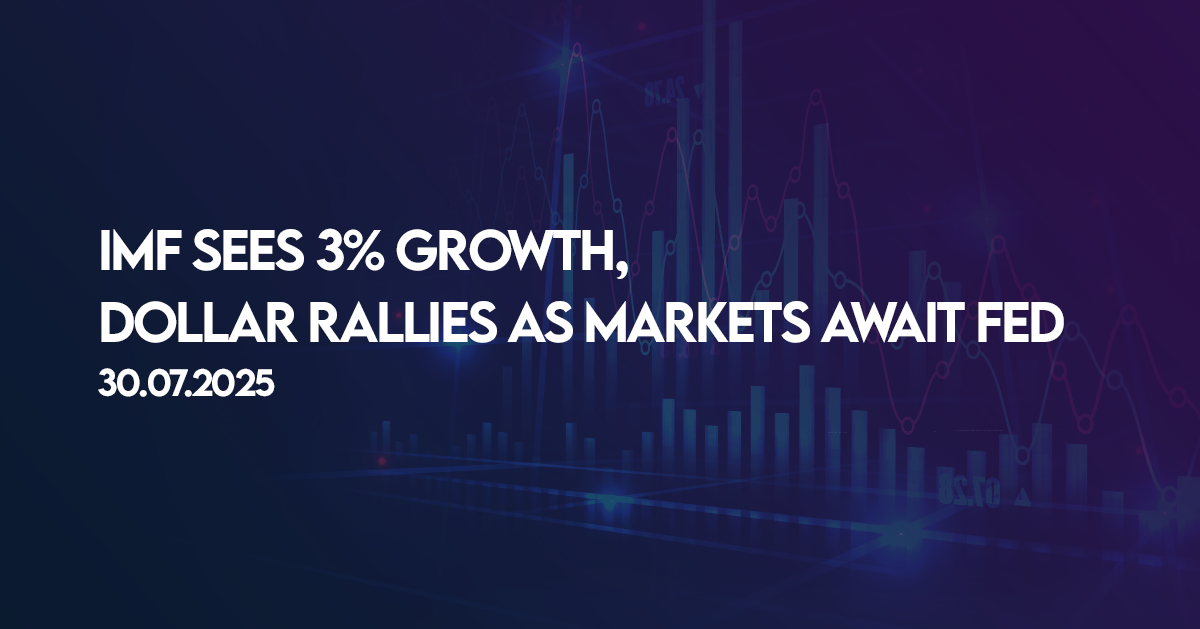
Markets Rise Amid Tariff Caution, Consumer Confidence Weakens Further
United States
Equity Markets
U.S. stocks closed higher on Tuesday. The S&P 500 rose 0.16% to 5,776.65 points, the Nasdaq gained 0.46% to 18,271.86 points, and the Dow Jones Industrial Average edged up 0.01% to 42,587.50 points. Apple’s 1.4% increase contributed to the Nasdaq’s gains, while Nvidia dipped 0.6%.
Fixed Income
The yield on benchmark U.S. 10-year Treasury notes increased by 8.7 basis points to 4.339%, marking its most significant rise since February 12. This movement reflects investor optimism regarding a more measured approach to tariffs by the Trump administration, amidst rising concerns over trade policy developments.
Currency Markets
The dollar index, measuring the greenback against a basket of currencies, rose 0.26% to 104.30. The dollar strengthened 0.9% against the Japanese yen, reaching 150.65, while the euro declined 0.12% to $1.0801.
Economic Indicators
The Conference Board’s Consumer Confidence Index fell to 92.9 in March, the lowest since February 2021. This decline is attributed to concerns over tariffs and ongoing trade policy uncertainty, which has left markets wary.
Europe
Equity Markets
European shares closed slightly lower, with the pan-European STOXX 600 index down 0.13%. Investors remain cautious amid ongoing tariff discussions and their potential impact on the European economy.
Economic Indicators
The Ifo Institute’s business climate survey indicated an improvement in German business sentiment for March, suggesting resilience in Europe’s largest economy despite external pressures from the U.S. tariffs.
Asia
Equity Markets
Asian markets experienced mixed results. Initial optimism over potential tariff negotiations led to early gains, but uncertainties caused markets to waver by the afternoon session. The impact of tariff developments continued to linger in the background as investors weighed the potential consequences.
Currency Markets
The Indonesian rupiah fell to its lowest level since the late 1990s Asian financial crisis, driven by a strong U.S. dollar and concerns over Indonesia’s fiscal health, as the effects of tariff policies continue to ripple across emerging markets.
Commodities
Energy
U.S. crude oil prices increased by 1.22%, settling at $69.11 per barrel. Brent crude rose 1.16% to $73 per barrel. These gains followed President Trump’s announcement of a 25% tariff on countries purchasing oil and gas from Venezuela, further impacting the global oil market amidst trade tensions.
Cryptocurrencies
Bitcoin
Bitcoin prices rose by 4%, leading to gains in related stocks. MicroStrategy surged 10%, and Coinbase added 7%, reflecting renewed investor interest in the cryptocurrency sector. As tariff developments continue to unfold, Bitcoin’s performance offers a contrast to the volatility in traditional markets.
Key Highlights
Tariff Developments
President Trump indicated that not all proposed tariffs would be enforced in the upcoming announcement on April 2, suggesting a more targeted approach. These tariff developments continue to shape market sentiment.
Moody’s Assessment
Moody’s reported that the U.S.’s fiscal strength is on a trajectory of continued decline due to widening budget deficits and decreasing debt affordability, a situation exacerbated by ongoing trade wars.
Consumer Spending
Synchrony Financial observed a reduction in consumer spending across all income groups, attributed to high prices and economic concerns fueled by the uncertainty surrounding tariff policies.
Conclusion: Navigating the Impact of Tariff Developments
As the tariff developments unfold, the U.S. stock market, currency, and commodity sectors are all responding to the uncertainties surrounding President Trump’s trade policies. Investors continue to monitor these developments closely, seeking signs of flexibility or further escalation. Understanding these ongoing tariff developments is crucial for traders and market participants as they navigate through these turbulent times in the global economy.

.png)

.png)


